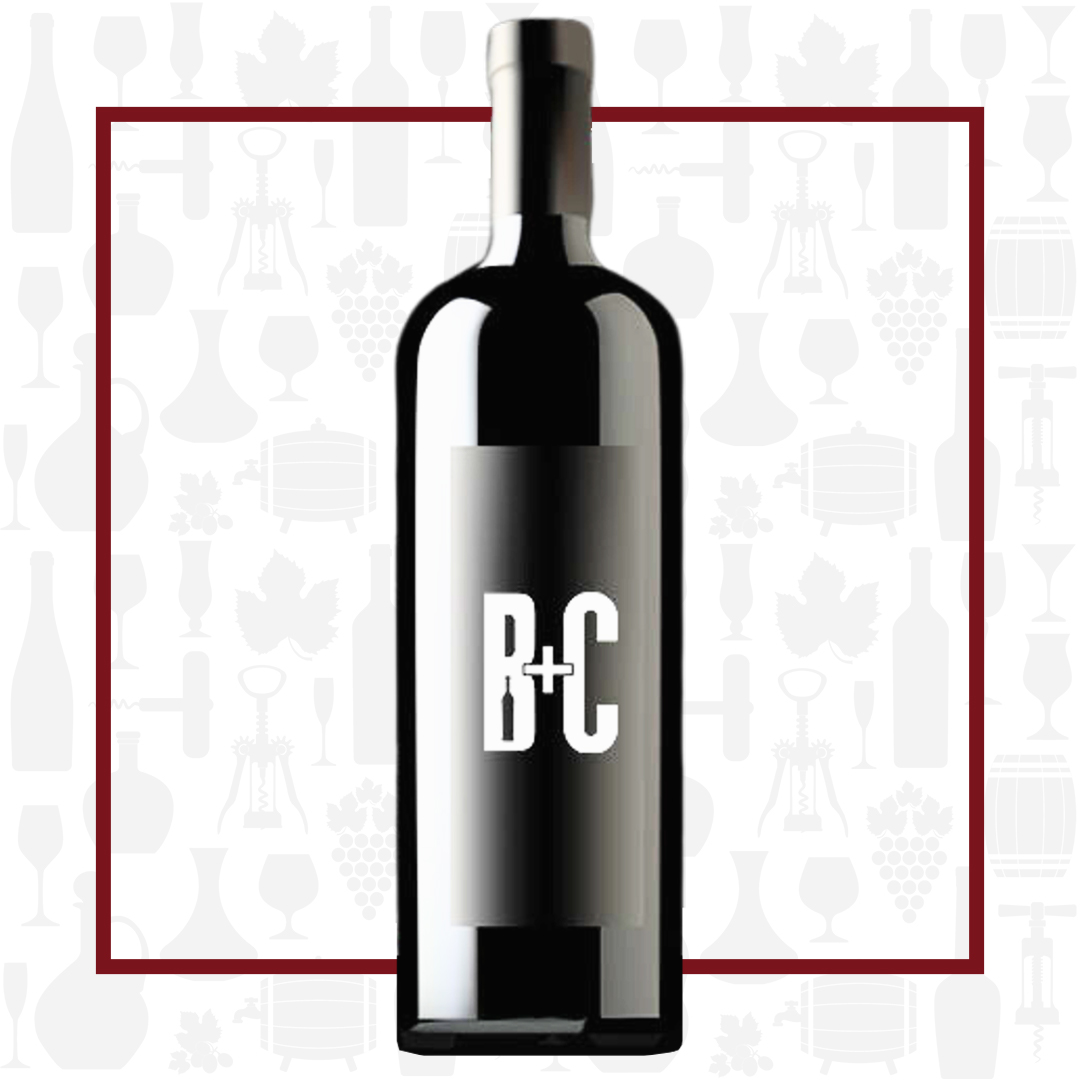Cellar Profile
Owned and operated by Ruth and Charles Simpson, this English wine estate was established in 2012 and officially opened its doors in 2016. Ruth and Charles have a long and successful history in the wine industry. For 17 years, their Languedoc estate, Domaine Sainte Rose, has crafted award-winning wines from that region’s warm, sunny climes. Their British roots brought them back to the southern slopes of England to fulfill the enormous potential of the region for making elegant, cool-climate wines, both still and sparkling. Their two vineyards are located in a designated Area of Outstanding Natural Beauty, overlooking the gently undulating English countryside. This one of the sunniest corners of Great Britain. The region’s lime-rich, chalky soils and moderate climate are similar to that of Champagne and Burgundy, making grape selection an easy choice; Chardonnay, Pinot Noir and Pinot Meunier dominate plantings. The long, cool ripening period here means that the best wines exhibit pure varietal flavours along with elegant acidity and a complex character. These vineyards are planted almost exclusively on south-facing slopes, ensuring that grapes reach full phenolic and sugar ripeness each year and are protected from the area’s fierce winds and spring frost.
Region
Elham Valley is an unspoiled seam in the North Downs of the county of Kent, where the contours of the land, the climate and the soil could scarcely be improved upon for viticulture. The intensely lime-rich chalk soil forms part of the same chalk ridge that stretches from southern England to the French Champagne region and on to Burgundy. The English climate may be marginal for viticulture but its relative austerity—where expertly handled—and long, cool ripening period is ideally suited to creating still and sparkling wines with pure variety flavours, elegant acidity and subtly sophisticated aromas.
Vineyard
Simpsons Wine Estate is located in one of the sunniest corners of the British Isles. Proprietors Charles and Ruth have further safeguarded their vines against extremes in climate by selecting sloping vineyards that face almost due south, ensuring heat accumulation in the day, and excellent cold air drainage at night. The maritime influence is also crucial to the success of these vines. The property is less than eight miles from the coast on three sides, which helps insulate the fruit against intense variations in temperature. Roman Road Vineyard was the original Estate Vineyard, so named for the road the Romans marched upon in their first invasion of England in 43 AD, bringing along vines with them. Railway Hill was planted in 2016 for another 20 hectares of south facing vineyards, again in chalk soil. The idyllic 2020 harvest conditions, together with the outstanding parcel of Pinot Noir on the Railway Hill Vineyard site, presented the perfect opportunity for this Q Class Pinot, which is only produced in exceptional years, in order to showcase the Simpsons’ hallmark of quality, luxury and finesse.
Winemaking
Grapes were hand-harvested in late October 2020 at optimal ripeness, carefully hand-sorted and de-stemmed directly into fermenters via gravity and gently pumped over daily for two weeks. A small component of the blend was vinified using the traditional technique of pigéage (punchdown). After primary fermentation, the wine was drained off its skins into eight lightly-toasted, one-year-old French oak barrels, where it underwent malolactic fermentation to complement the rich fruit flavours of the Pinot Noir with the delicate spice characteristics of the French oak.
Varieties
Pinot Noir—chiefly associated with the Burgundy region of France— is grown around the world, mostly in cooler climates. The grape’s tendency to produce tightly-packed clusters makes it susceptible to several viticultural hazards involving rot that require diligent canopy management. When young, wines made from Pinot Noir tend to have red fruit aromas of cherries, raspberries and strawberries. As the wine ages, Pinot has the potential to develop more vegetal and earthy aromas that can contribute to the complexity of the wine. Thin skins and low levels of phenolic compounds lend Pinot to producing mostly lightly-coloured, medium-bodied and low-tannin wines that can often go through phases of uneven and unpredictable aging. One of the primary grapes used in Champagne, it is prized for its ability to craft world class sparkling wines.
Tasting Notes
This powerful, deep purple-hued Pinot Noir displays dark fruit notes of damson and blackcurrant, with hints of exotic spice and Darjeeling tea. It has an opulent mouthfeel with velvet tannins and a lingering finish.

